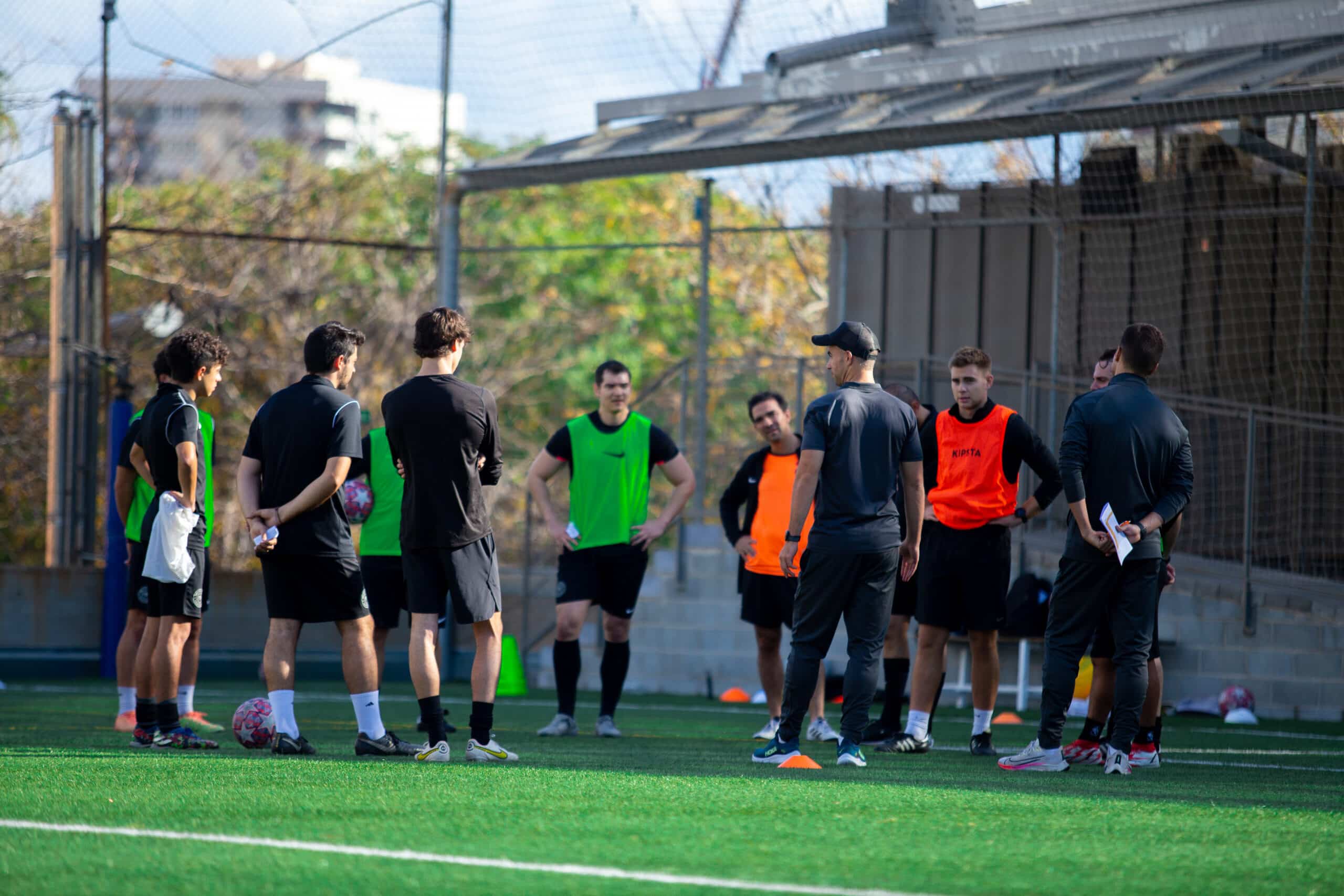The relationship between a coach and their players is a fundamental element in the sporting and personal development of each individual. To understand the importance of this communication, it is essential to analyse the factors that determine its effectiveness.
In this article, we will explore the ten fundamental key points that every coach must consider when establishing and maintaining effective communication with their players. These not only cover the teaching of sporting skills, but also delve into deeper aspects related to motivation, recognition and empathy. With a focus on the holistic development of players both on and off the pitch, these guidelines become essential pillars for the success of the team.
Through a detailed analysis of these ten key points, we will discover how the coach’s communication can be a determining factor in creating an environment of trust, commitment, and achievement, thus propelling the team’s potential to new heights of achievement and sporting excellence.
1.- Focus on teaching and practising sport skills:
The coach must prioritise the teaching and practice of the fundamental skills of football. This involves devoting time and effort to developing technical and tactical skills that are relevant to the individual and collective performance of the team.
2.- Ability to design a variety of tasks:
It is crucial for the coach to be creative and versatile in designing training tasks. Variety in activities helps to maintain the motivation and commitment of the players, while allowing different aspects of the game to be addressed in a holistic manner.
3.- Setting realistic expectations:
The coach must be clear about the expectations they have for each player. These expectations should be realistic and achievable so that they inspire confidence and encourage the progressive development of the players.
4.- Clear and adapted communication:
The information provided by the coach must be objective, clear and adapted to the level of understanding of the players. This ensures that the instructions are understood and internalised correctly, thus facilitating the learning process.
5.- Recognition and celebration of achievements:
It is important for the coach to recognise and celebrate the achievements of the players, regardless of the outcome of the game. Constant congratulation and encouragement boosts players’ confidence and self-esteem, motivating them to continue to strive and improve.
6.- Positive attitude in the face of difficulties:
In the face of challenges and obstacles, the coach should maintain a positive and encouraging attitude. Showing resilience and optimism helps to strengthen the players’ mentality and teaches them to face adversity with determination.
7.- Constructive error correction:
When mistakes occur, the coach should address them with positive approaches, emphasising that they are part of the learning process. Providing constructive feedback and encouraging continuous improvement helps players to develop their ability to self-critique and improve.
8.- Reducing fear of the unknown:
The coach must create a safe and trusting environment that reduces the players’ fear of performing new tasks. Fostering a non-judgmental, non-pressured learning climate allows them to explore and experiment without fear of failure.
9.- Promotion of active participation:
Maximum participation of the players in activities, tasks and the game itself should be encouraged. Providing opportunities for everyone to be actively involved helps to strengthen the sense of belonging and teamwork.
10.- Enthusiasm and personal involvement:
Finally, the coach needs to spread enthusiasm and personal involvement, involving the players in their own decision-making processes and maintaining a positive atmosphere and attitude. Being an inspiring and committed role model is key to motivating and leading the team to success.
In addition to the attitudinal skills, the aptitudinal aspects of the coach play a crucial role in their ability to influence the development and performance of their players. These skills refer not only to technical and tactical knowledge of the game, but also to their ability to understand and adapt to the individual needs of each player, as well as to effectively manage the psychological and emotional aspects of the team.
Conclusion
The effective communication between the coach and his footballers plays a crucial role in the sporting and personal development of the players, highlighting the importance of a comprehensive approach that promotes their growth both technically and personally.








